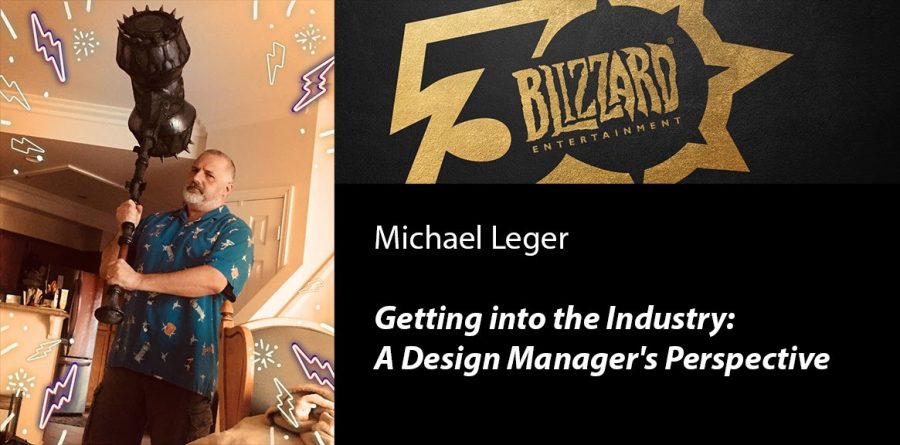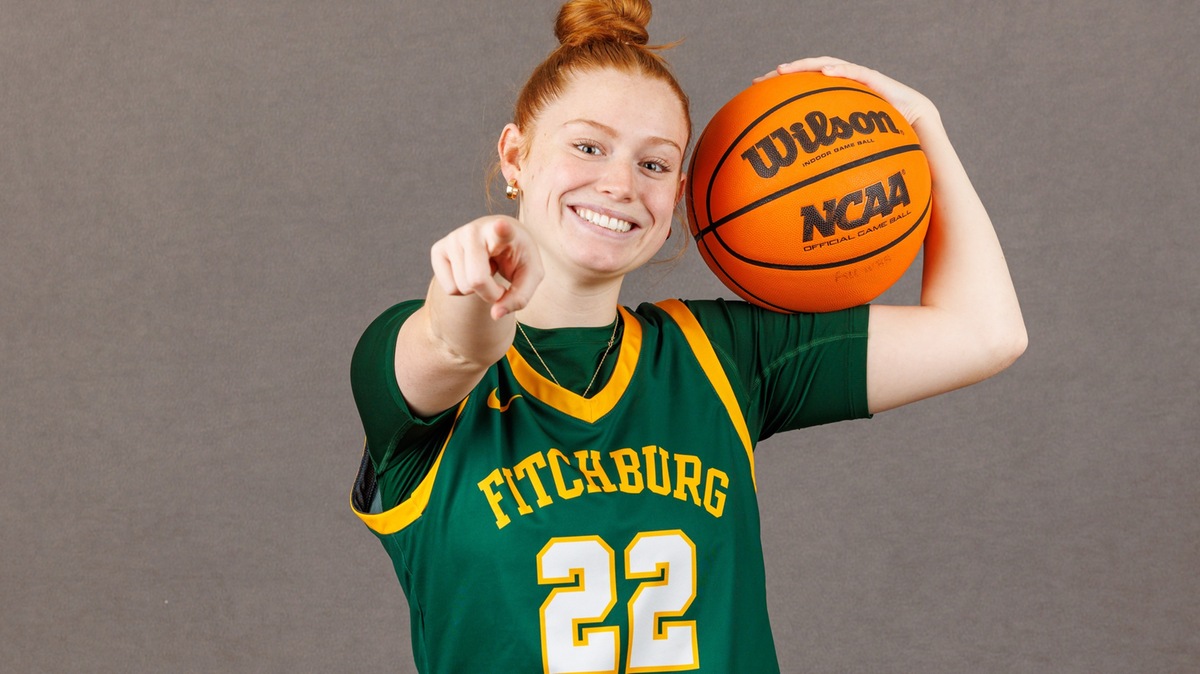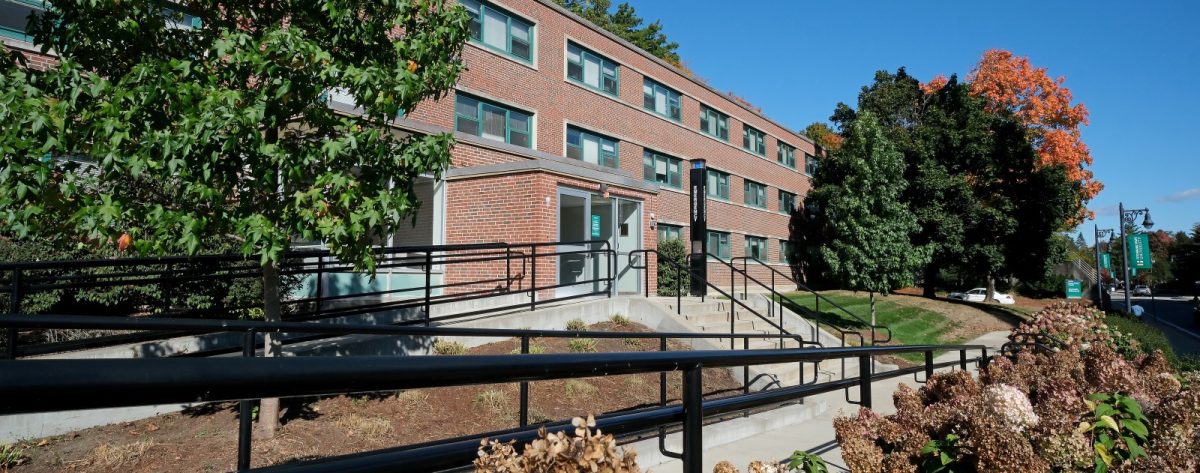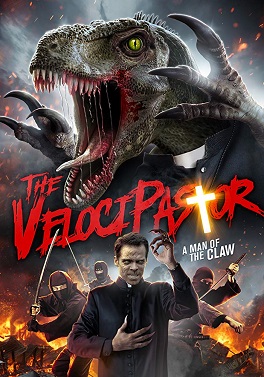Fitchburg Native and Blizzard Entertainment Design Manager Gives Talk for Game Design Students
April 22, 2021
-Nick Barrieau
On Thursday April 8, the Game Design Department hosted a virtual talk with Fitchburg native, former FSU student, and current Senior Design Manager at Blizzard Entertainment, Michael Leger. The talk, “Getting into the Industry: A Design Manager’s Perspective” was also open to any students in Communications Media to attend on Zoom. Leger has traveled far from his hometown of Fitchburg to his current position working on the upcoming release of “Diablo IV” in Irvine California, but he didn’t just start out working at such a sought out position in the games industry. It took years of self learning and experience for Leger to get to where he is, and in his talk he shared his experiences and advice for students aspiring to become game developers.
While growing up, there weren’t computer games, but Leger and his cousin would play board games and eventually got hooked on pen and paper games, which he still plays weekly. While attending Fitchburg State in the 80s, he took computer science courses with his friends and started to play some early computer games in the lab on campus. Leger would eventually work on a variety of tabletop games before working on his first computer game, “Quake III Arena” in 1999. From there, he helped to write an immersive 10,000 year history for the never released MMO, “Kingdoms of Amalur”. “Kingdoms of Amalur” may have never been released, but he worked on the role playing game set in the same universe, “Kingdoms of Amalur: Reckoning”. After the studio behind the Kingdoms of Amalur IP was shut down in 2012, Leger moved across the country, where he has since worked on titles such as “Starcraft 2”, “Heroes of the Storm”, and “Diablo 3”.
With his experience in the industry, Leger knows a thing or two about what it takes to be hired in a competitive market. While addressing the competitive nature of the gaming industry, Leger said, “Competition is strong…and that means that if you want to make it out there and if you really want to be successful you need to take it very seriously. If you want to be successful game developers, the one thing you have to be doing is creating all the time. You have to always be creating, you have to always be filling up this portfolio and just making things, getting better at it, sort of stretching yourself and learning new things and not necessarily focusing on one thing, but just learning a whole lot of things and trying stuff.” Three steps for success that he shared with students are creating all the time, networking, and getting a job after graduating without limiting yourself to competitive positions. On the topic of networking, Leger said “ I don’t think I can emphasize networking enough. It’s everything. You are entering a field jam-packed with applicants, you have to build bridges and relationships whenever and wherever you can… It’s going to make it much easier to get your resume in front of the right people if you have those connections. I never applied to Blizzard. I never sent them my resume. They called me because someone that I had done networking with remembered my name and when they talked to them about the fact that they were looking for someone for this job they gave them my name.” He also touched on what he feels is important in finding a job after graduation. “Look at where you can get the most experience. Don’t say it’s Triple-A or nothing. Triple-A or bust is just a nightmare, stay away from that.” While students can aspire to work at a Triple-A studio, it is important to get working experience as well.
Crunch, which is a period of mandatory, often unpaid overtime in game development, is a serious labor issue currently plaguing the gaming industry. On the issue of crunch, Leger made it clear that crunch is bad and that he sees working hard for 40 hours a week as a better solution. Unfortunately, crunch is still something very real at most studios, and Leger said, “We try desperately to keep crunch down, but places are going to have it. You need to expect that you’re going to work a ton of hours in some spots.” He feels that it is completely reasonable for job applicants to inquire about working hours and crunch from a potential employer, and stated, “There are some places that are just going to crunch a ton and it’s not going to be worth it.”
Students attending the talk found it to be insightful, and game design major David Marshall said, “It’s definitely more difficult than I thought it was [to break in to the industry] but at the same time it clarified what I needed to do to get to a place where I could get hired. It solidified what I would need to do over the next couple of years to get into the market. It was a harsh truth but it was what we needed.”












